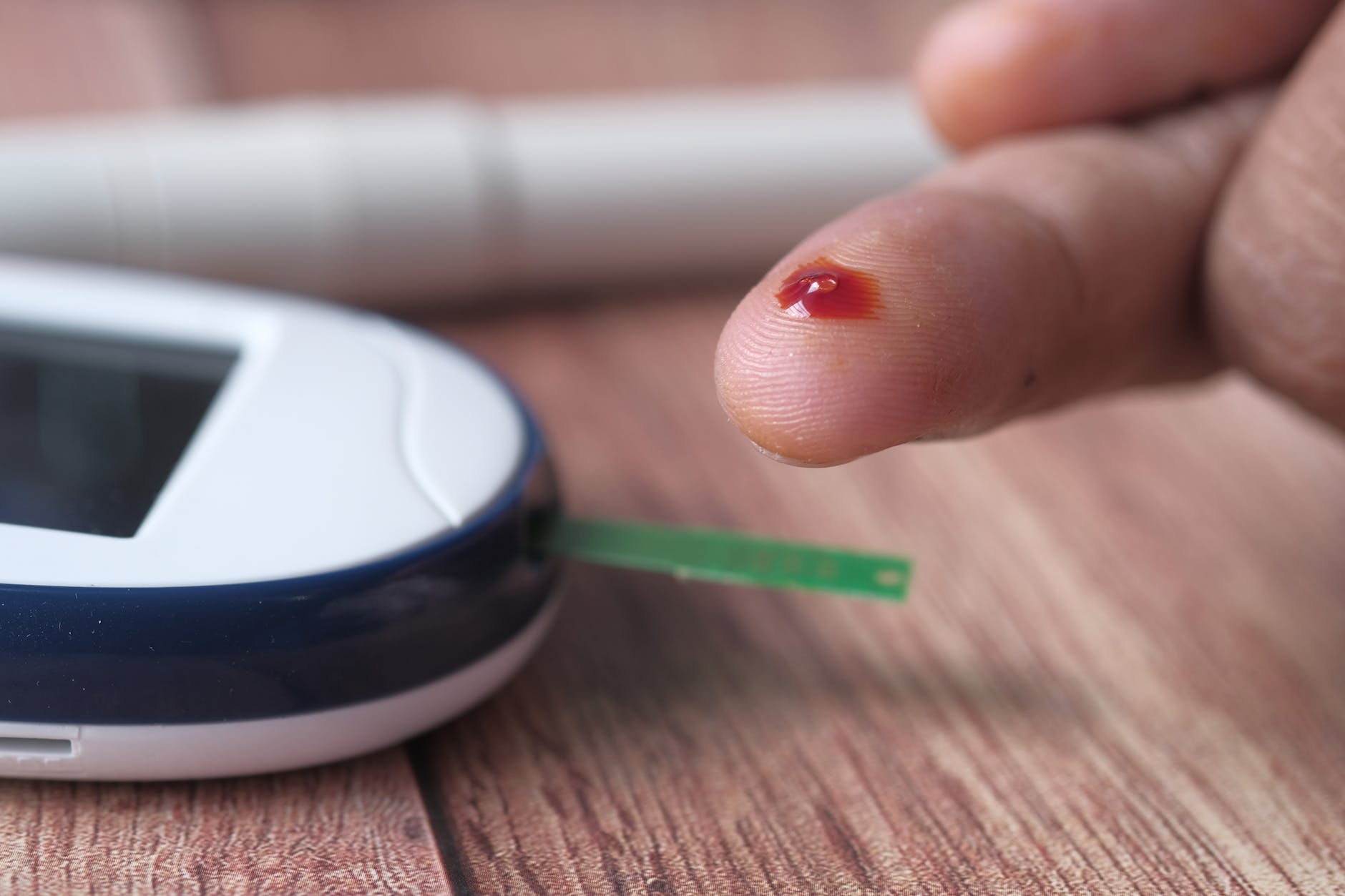Mastering Diabetes Management: A Comprehensive Guide to Optimal Health


Mastering Diabetes Management: A Comprehensive Guide to Optimal Health
Introduction
Welcome to our comprehensive guide on mastering diabetes management. In this article, Mastering Diabetes Management: A Comprehensive Guide to Optimal Health, we will provide you with valuable insights, strategies, and tips to help you effectively manage diabetes and improve your overall health and well-being. Whether you have recently been diagnosed or have been living with diabetes for years, this guide is designed to empower you with the knowledge and tools necessary for optimal diabetes management.
Understanding Diabetes
Diabetes is a chronic condition that affects millions of individuals worldwide. It occurs when the body is unable to properly regulate blood sugar levels. There are two main types of diabetes: type 1 and type 2.
Type 1 Diabetes
Type 1 diabetes is an autoimmune disease where the body's immune system mistakenly attacks and destroys the insulin-producing cells in the pancreas. People with type 1 diabetes rely on insulin injections or an insulin pump to manage their blood sugar levels. It is typically diagnosed in children and young adults.
Type 2 Diabetes
Type 2 diabetes is characterized by insulin resistance, where the body becomes less responsive to insulin or does not produce enough insulin to maintain normal blood sugar levels. This type of diabetes is often linked to lifestyle factors such as poor diet, lack of physical activity, and obesity. Type 2 diabetes can be managed through a combination of healthy lifestyle choices, oral medications, and, in some cases, insulin therapy.
The Importance of Diabetes Management
Proper diabetes management is crucial for maintaining good health and preventing complications. Uncontrolled diabetes can lead to a wide range of health issues, including heart disease, kidney disease, nerve damage, and vision problems. By actively managing your diabetes, you can reduce the risk of these complications and live a full, active life.
Key Strategies for Effective Diabetes Management
1. Healthy Eating Habits
A well-balanced diet plays a vital role in diabetes management. Focus on consuming nutrient-dense foods such as fruits, vegetables, whole grains, lean proteins, and healthy fats. Limit the intake of processed foods, sugary snacks, and beverages high in added sugars. Portion control and regular meal timings can help stabilize blood sugar levels.
2. Regular Physical Activity
Engaging in regular physical activity offers numerous benefits for individuals with diabetes. Exercise helps lower blood sugar levels, improve insulin sensitivity, manage weight, and boost cardiovascular health. Aim for at least 150 minutes of moderate-intensity aerobic activity, such as brisk walking or cycling, per week, along with strength training exercises twice a week.
3. Blood Sugar Monitoring
Regularly monitoring blood sugar levels is essential for effective diabetes management. This allows you to understand how your body responds to various foods, activities, and medications. Use a blood glucose monitor as recommended by your healthcare provider and maintain a record of your readings.
4. Medication Adherence
If prescribed medication for diabetes management, it is crucial to take it as directed by your healthcare professional. Oral medications or insulin therapy can help control blood sugar levels and prevent complications. Always consult with your healthcare team before making any changes to your medication regimen.
5. Stress Management
Chronic stress can negatively impact blood sugar control in individuals with diabetes. Practice stress-reducing techniques such as meditation, deep breathing exercises, yoga, or engaging in hobbies and activities you enjoy. Adequate sleep and a healthy work-life balance are also important aspects of stress management.
6. Regular Healthcare Check-ups
Schedule regular check-ups with your healthcare team to monitor your diabetes management progress. They can assess your blood sugar levels, adjust medication dosages if needed, and provide guidance and support. Additionally, they can help identify and address any potential complications early on.
Conclusion
Mastering diabetes management is essential for leading a healthy and fulfilling life with diabetes. By following a well-rounded approach that includes a balanced diet, regular physical activity, diligent blood sugar monitoring, medication adherence, stress management, and regular healthcare check-ups, you can take control of your diabetes and optimize your overall health and well-being.
Remember, effective diabetes management requires commitment, perseverance, and continuous learning. Empower yourself with knowledge, seek support from healthcare professionals, and make positive lifestyle choices that promote optimal diabetes management. https://diabetescure4u.com/
Our best recommendation in the end is that you get the best advice from a group of professionals who have been willing to revolutionize your diabetes situation and give you the opportunity to radically improve your health.
Visit at this time the link that keeps clicking on it
- Nutritionist Cooks Healthy Recipes for People with PCOS and Diabetes
- What is hyperglycaemia?
- Machine Learning Project using Flask - Cancer, Diabetes, Heart, Liver and Kidney Disease Prediction
- 3 ERROS QUE O DIABÉTICO NÃO PODE COMETER!
- The Type 2 Diabetes Management Guide: Strategies for a Healthy Lifestyle


